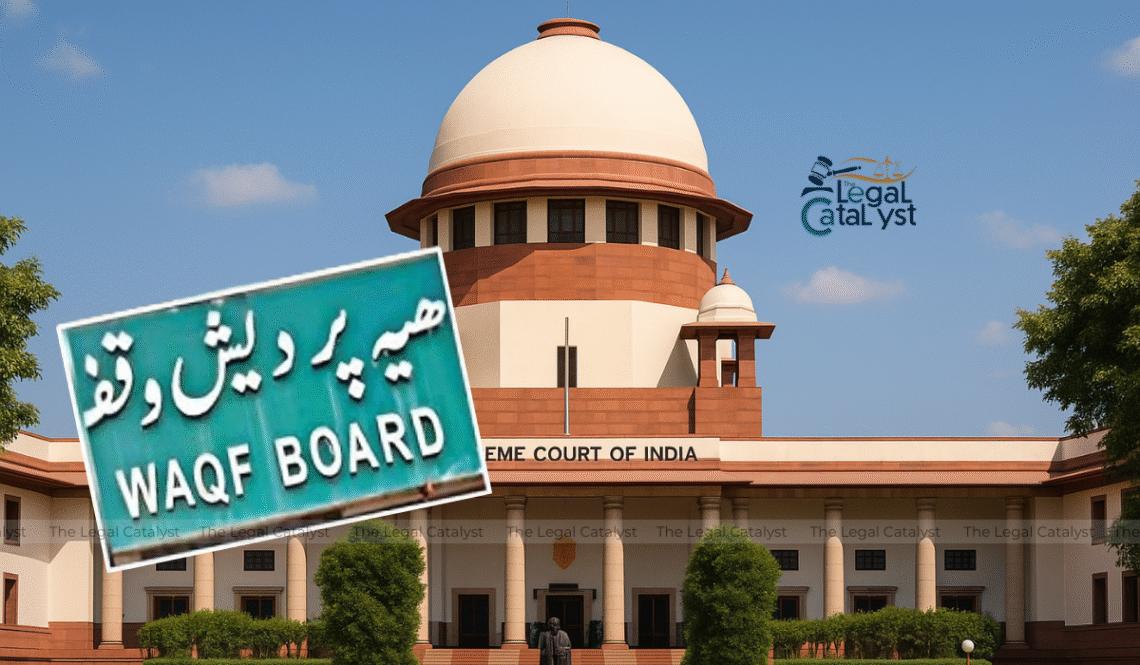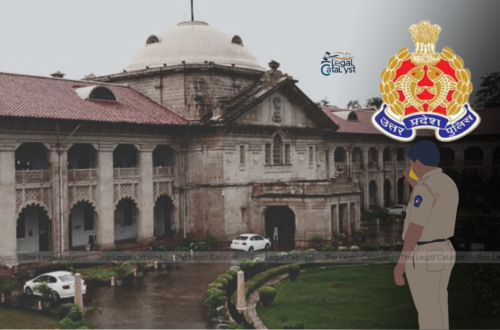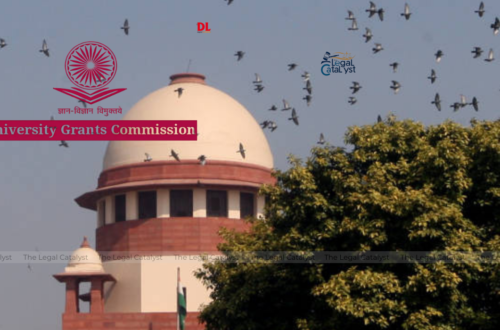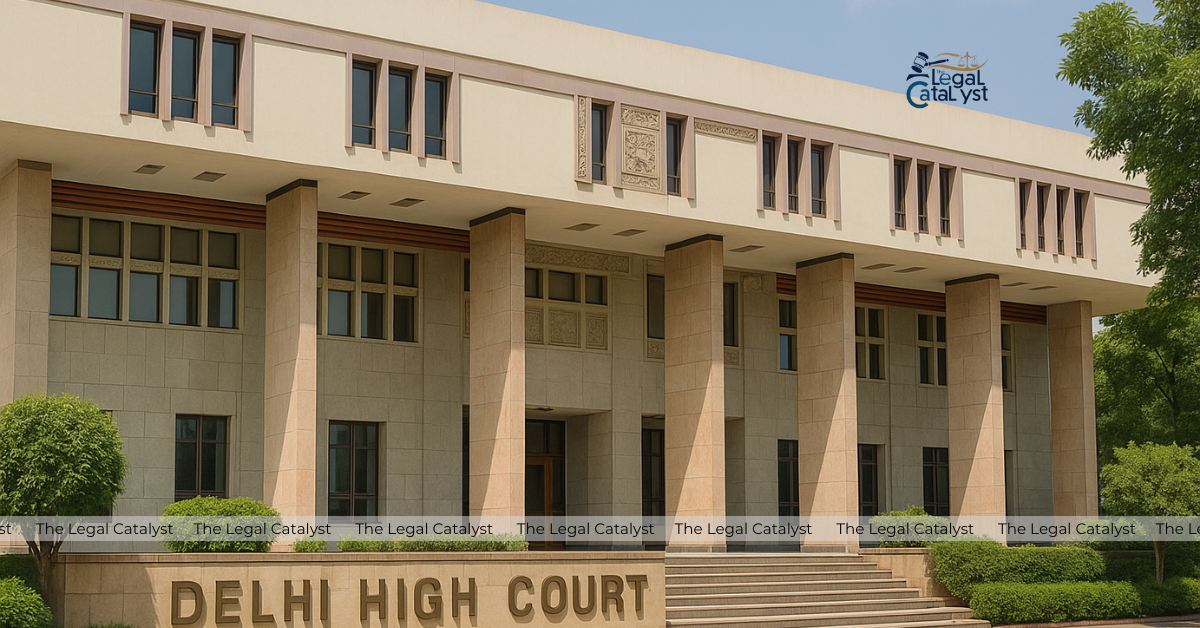The Supreme Court has issued a partial stay on certain provisions of the Waqf (Amendment) Act, 2025. This stay is pending a review of its constitutionality. The review is in response to several petitions. Chief Justice of India BR Gavai and Justice Augustine George Masih presided over the Bench that made this decision. The suspended provisions will remain inactive until a final decision is reached. However, the registration of Waqfs will proceed without interruption.
Section 3(r) is among the provisions stayed. It required a person to be a practicing Muslim for at least five years before dedicating property as waqf. The Court noted that without clear rules or mechanisms, assessing whether someone is a practicing Muslim is difficult. The clause could result in arbitrary use of power.
The Court also stayed the proviso to Section 3C. The proviso had barred properties from being treated as waqf. This restriction was in place until a Collector submitted a report on possible encroachment. It held that allowing the Collector to determine such rights would breach the principle of separation of powers.
The Court refused to stay the mandatory registration of waqf properties. It pointed out that such a requirement had existed in earlier versions of the law. It clarified that time limits for registration could be adjusted if necessary.
The Court addressed concerns about appointments to waqf bodies. It ruled that Section 23 of the Act would remain in force. However, it directed that the ex-officio Chief Executive Officer of a waqf board should be chosen from the Muslim community. This should be done as far as possible. This official serves as its Secretary. The Bench limited the number of non-Muslims in waqf institutions. Their representation is capped at four out of 22 members in the Central Waqf Council. It is capped at three out of 11 in State Waqf Boards.
The Court did not stay the deletion of “waqf by user” from the statutory definition. However, it extended interim protection to such properties. It ordered that existing revenue records should remain unchanged. This will be the case until waqf tribunals decide the disputes under Section 83 of the Act. Further appeal can be made before High Courts. Pending such adjudication, waqfs cannot be dispossessed, nor can third-party rights be created over these properties.
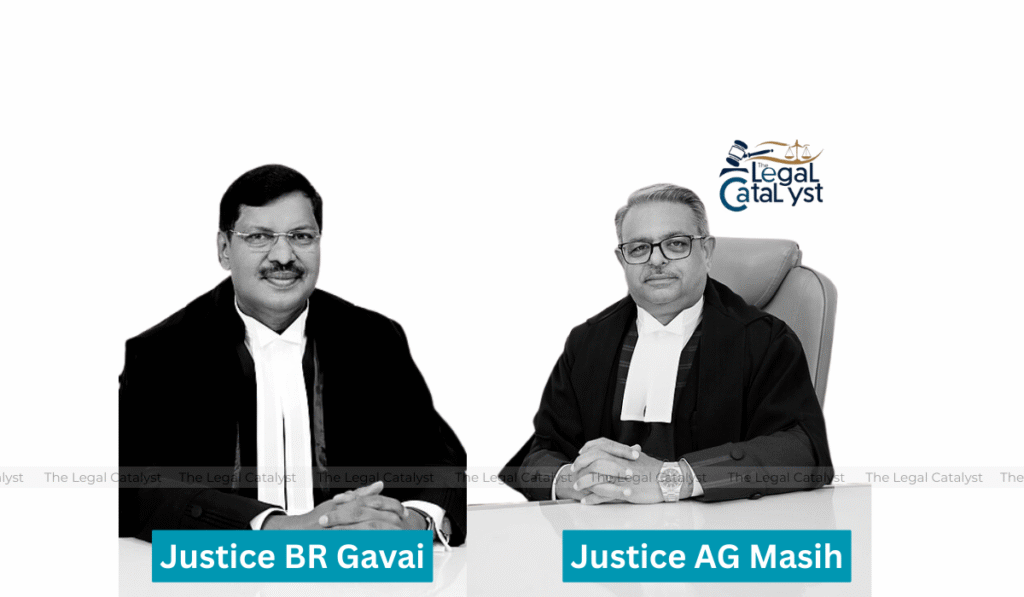
The Bench emphasized that its findings are only prima facie and will not prejudice the final hearing.
The Waqf (Amendment) Act, 2025, was passed by Parliament in April and received Presidential assent on April 5. It sought to tighten the regulation of waqf properties and curb alleged misuse.
The amendments have sparked widespread opposition. Petitions were filed by Congress MP Mohammad Jawed, AIMIM MP Asaduddin Owaisi, and others. They argue that the changes target Muslim religious endowments. These changes undermine the community’s right to manage its own religious affairs. Six BJP-ruled States—Haryana, Maharashtra, Madhya Pradesh, Rajasthan, Chhattisgarh, and Assam—have intervened to support the Act.
Petitioners particularly object to the removal of “waqf by user.” They contend that it would strip long-standing mosques, graveyards, and charitable properties of their religious status. Many of them were created through community usage rather than formal documentation.
The Union government has defended the amendment, asserting that it was designed to prevent encroachment and unauthorized claims. Solicitor General Tushar Mehta argued that tribal lands were often misappropriated under the guise of waqf. He described the inclusion of non-Muslims in waqf bodies as a measure of inclusivity given their “microscopic” presence.
The petitions will now be taken up for a detailed hearing.
Connect with us on Instagram – X – LinkedIn for daily updates, quizzes, and other materials.


